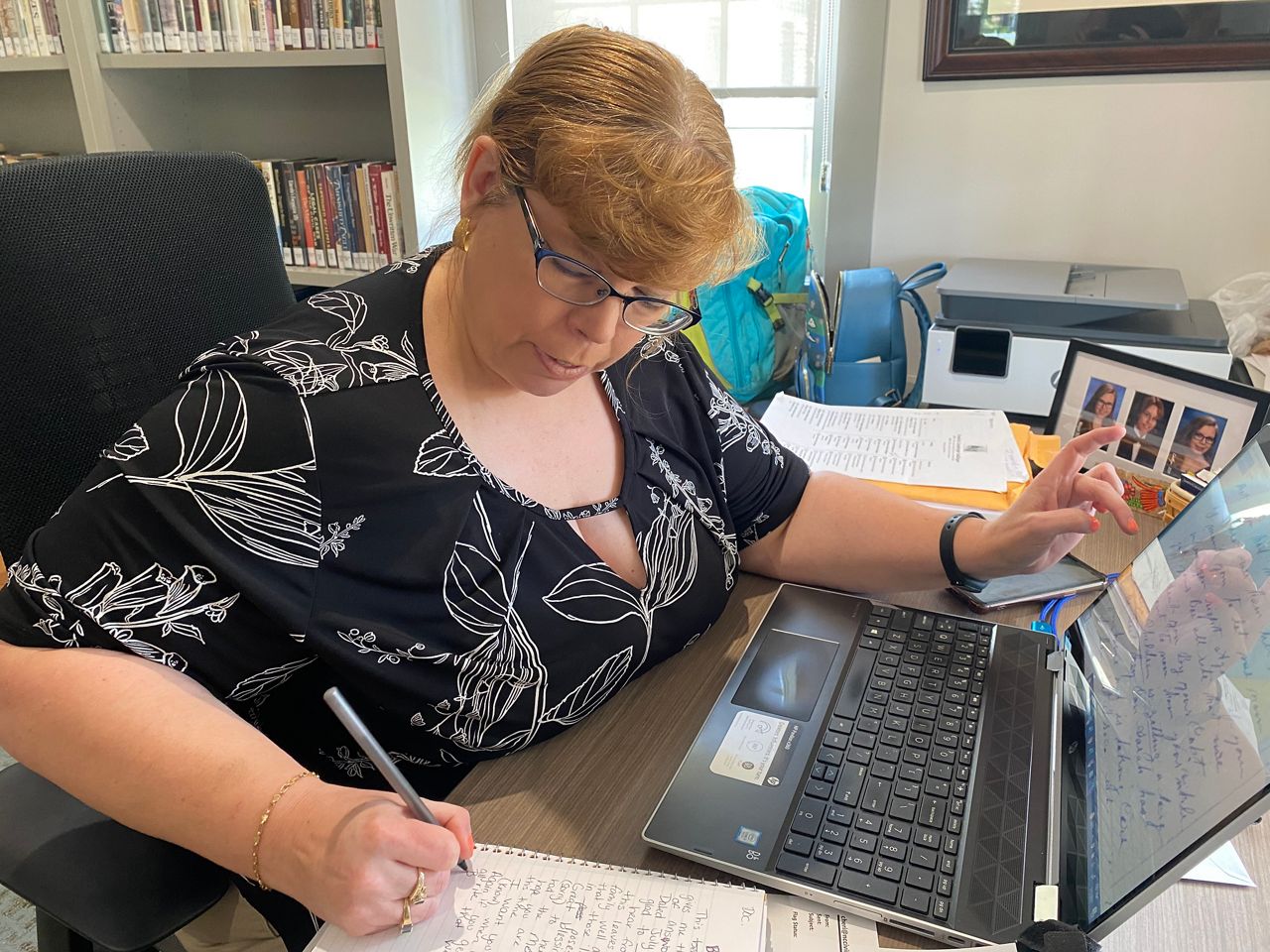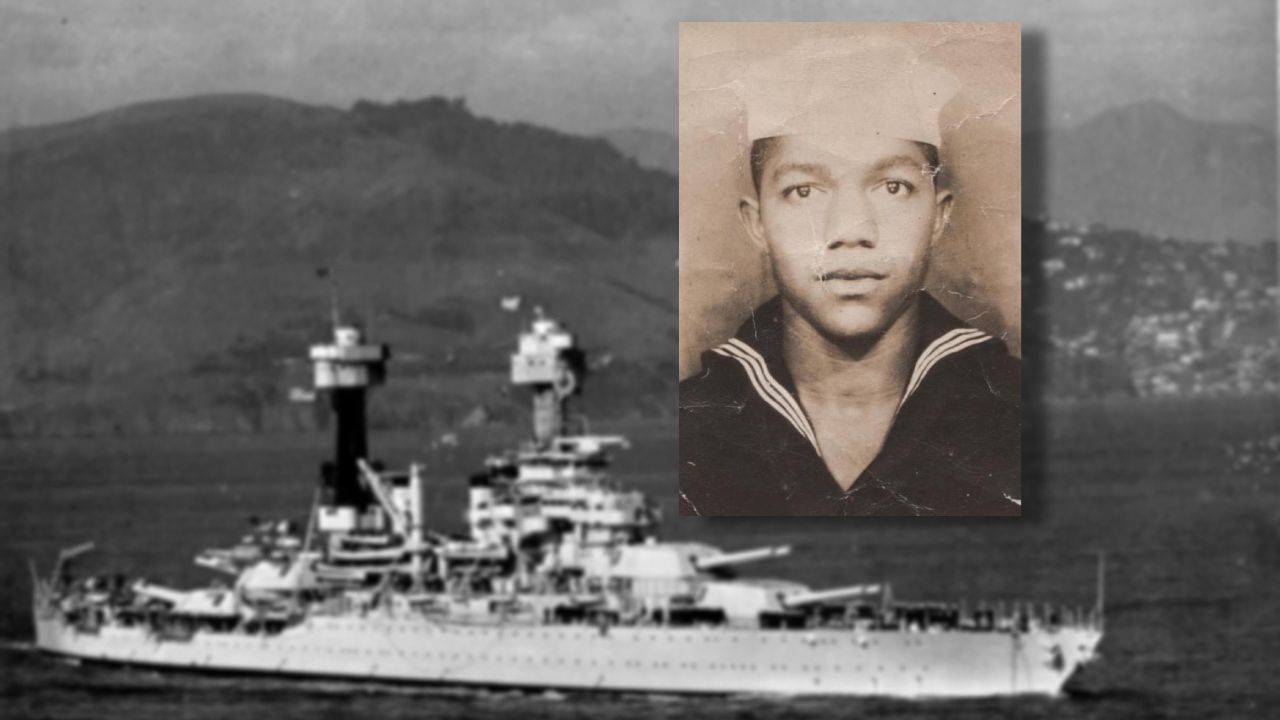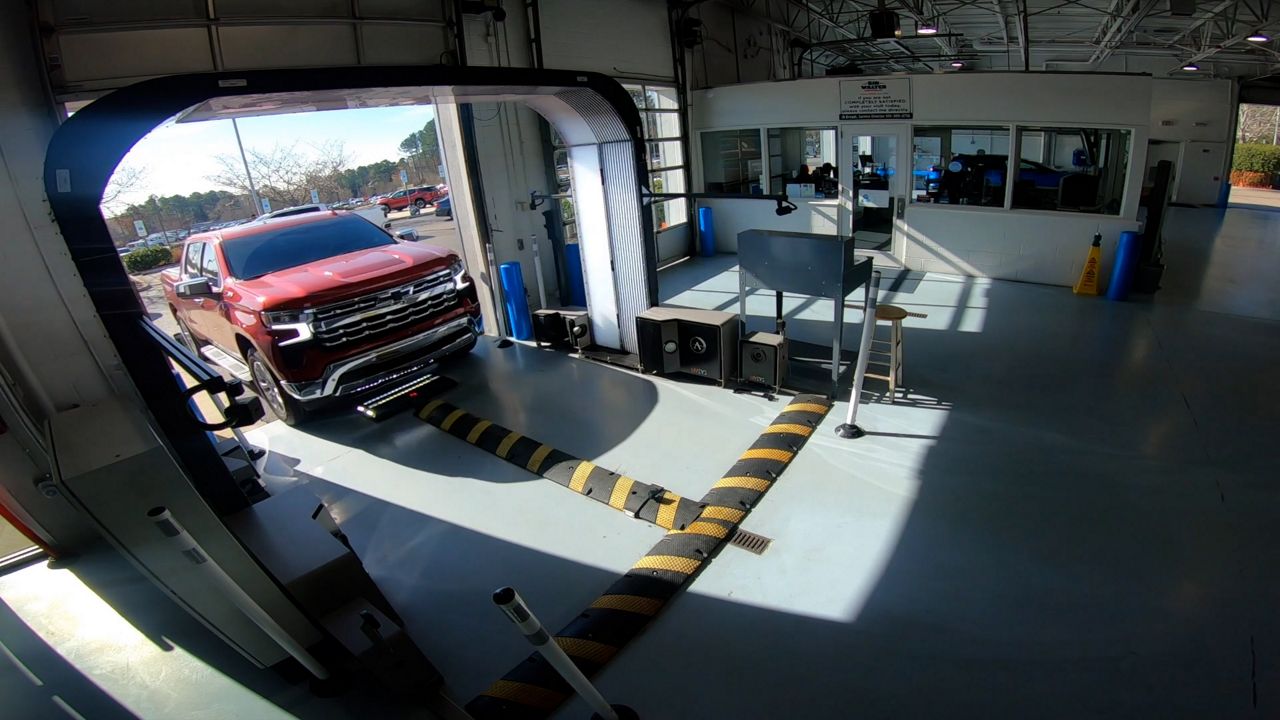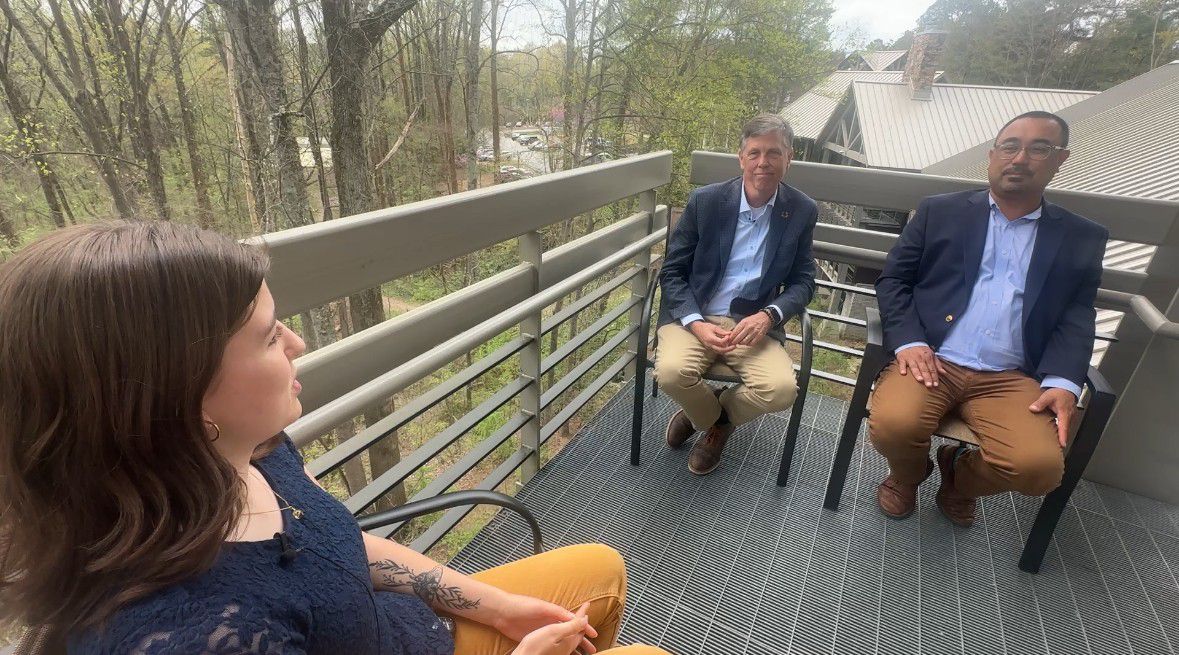FAYETTEVILLE, N.C. — The Civil War and Reconstruction History Center in Fayetteville is aiming to break the mold on traditional museums. Rather than gathering artifacts to display, they're collecting stories about the people who lived during the late 19th century.
As the museum's content development specialist, Cheri Todd Molter has the tall task of verifying and fact checking every story that's submitted.
The Civil War and Reconstruction History Center is looking for contributions that tell the stories of people who lived in North Carolina during the late 1800s
They hope to receive 100 stories from each of the 100 counties in the state
Oral histories, letters, military records and all submissions will go on display at the center
“It's like we were a microcosm for the entire world at that time here in North Carolina,” Molter said. “You had all of these people who were just trying to cope with the world around them in whatever way that they saw fit and each individual story is unique.”
As discussions started about what the center would house, they began to realize a historian's perspective could only take people so far. Textbooks are someone else's words, but these submissions are firsthand accounts that have been passed down from generation to generation.
“I felt truthfully in my heart there was something that we could do that would change how all of us saw one another and how we saw the story of our state and a terrible catastrophic period of its history,” said Mary Lynn Bryan, the vice chair of the center.

Generational storytelling often results in some discrepancies with the actual history, but underneath it all is always a grain of truth, and Molter has the pleasure of uncovering it.
“It's not about changing history, it's about gaining a better understanding of what really happened and using those stories to give underrepresented stories their time to shine too,” Molter said.
The Civil War is frequently remembered through the eyes of soldiers, but Molter said it was so much more than just military exploits. The center especially wants to highlight the lives of those who stayed at home and faced an entirely different battle.
“It is not just about the war, it is simply about the time period and how people lived during that time and what was important enough for them to write down or talk about or share in stories,” Molter said.
But she notes that the collection won't create itself. They're in need of submissions from all over North Carolina that provide different perspectives. Their goal is to have 100 stories from each of the 100 counties in the state, bringing their collection to 10,000. Currently they aren't even a tenth of the way to that mark with the total number hovering just under 500.
Until the center opens, the stories will be published online and you can send in any stories you wish to be included in the collection here.










